100+ Websites on Digital Citizenship
Ask a Tech Teacher
OCTOBER 18, 2022
Web Literacy for Students Fact Checker –a free online book. Internet Hoaxes–Fact vs. Fake. Internet Safety. Be Internet Awesome. Social Media. You can find her resources at Structured Learning. Fair use/Public domain. A Fair(y) Use Tale. Image Copyrights. Images—Free. Lesson Plans.

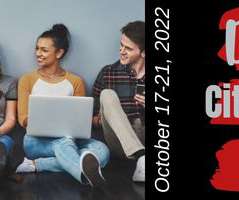
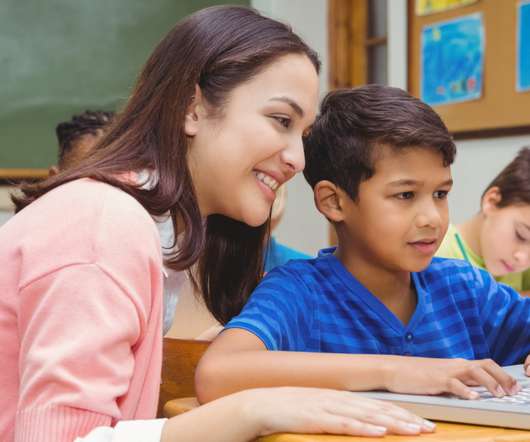
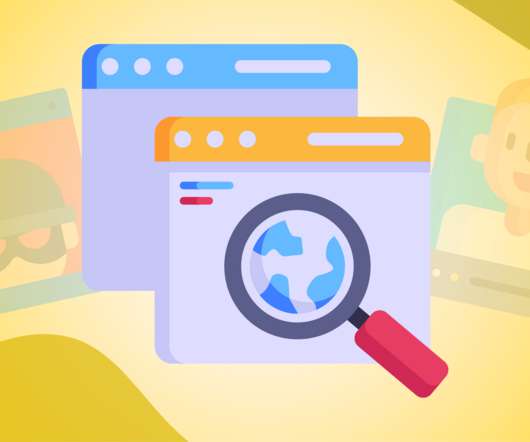


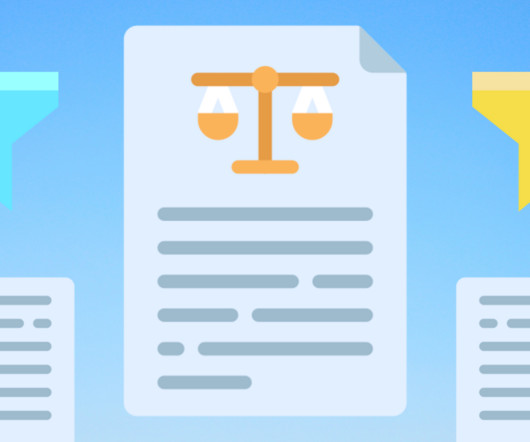






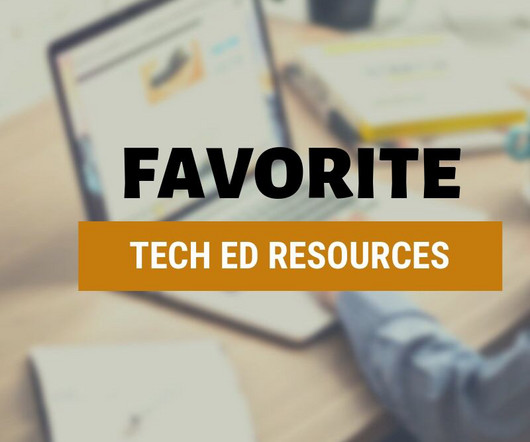


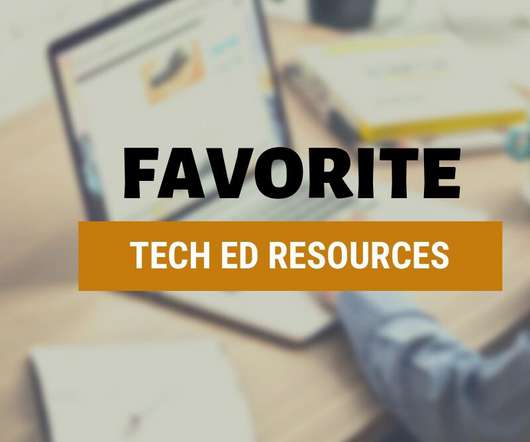
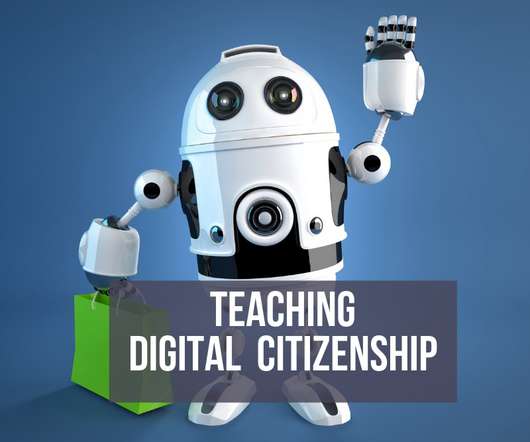




















Let's personalize your content